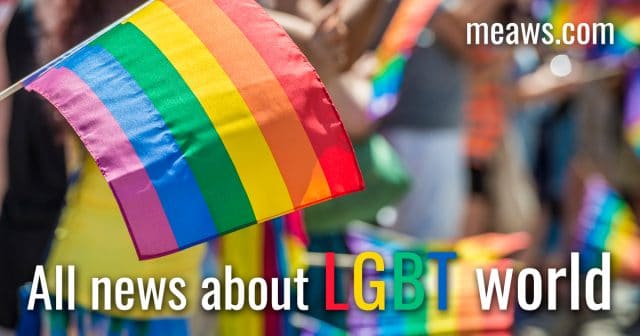
(Reuters) – Democratic presidential candidate Pete Buttigieg, the mayor of South Bend, Indiana – whose campaign has been dogged by accusations of systemic racism in his city as he struggles to gain support from African-American voters – on Thursday announced a plan to battle racial inequality in America.
Buttigieg, who is white and has seen issues of race flare up in South Bend after the fatal shooting of a black man by a white police officer last month, unveiled details of a wide-reaching plan focused on healthcare, education, criminal justice reform and home ownership.
The 37-year-old mayor and combat veteran has been barely registering with black voters in opinion polls tracking the Democratic nominating contest, where 25 men and women are currently vying to become the candidate to take on Republican President Donald Trump in the November 2020 election.
A Reuters/Ipsos poll released last week found no measurable support nationally for Buttigieg among African-Americans. Winning a Democratic nominating contest is extremely difficult without significant support from black voters.
Buttigieg’s “Douglass Plan,” first announced during an interview on National Public Radio’s news show “Morning Edition,” is aimed at fighting systemic racism, and is named after abolitionist Frederick Douglass.
It would establish a $10 billion fund for black entrepreneurs over five years, invest $25 billion in historically black colleges, legalize marijuana, expunge past drug convictions, reduce the prison population by half and pass a new Voting Rights Act to further empower the federal government to ensure voting access for minority voters.
His campaign says the proposal is equal in scale to the Marshall Plan, which used today’s equivalent of about $100 billion to rebuild Europe after World War Two. Buttigieg’s plan would be enacted alongside potential direct reparations for slavery, not in place of potential reparations.
“If you’re a white candidate, it is twice as important for you to be talking about racial inequality and not just describing the problem – which is fashionable in politics – but actually talking about what we’re going to do about it,” Buttigieg told NPR.
The unhappiness of some black voters in South Bend has been an unwelcome issue for Buttigieg’s campaign, and underscores long-simmering racial tensions in the city, where 27% of the population is black.
Those tensions exploded into view at a June 23 meeting Buttigieg held with residents after the fatal shooting of a black man, 54-year-old Eric Logan, by a white police officer.
Buttigieg was booed and heckled by some black audience members, who complained not only about what they said is a racist police force but about broader racial inequality in the city he has led since 2012.
Buttigieg admitted he had “failed” to make the police force – just 6% black – more diverse. “I couldn’t get it done,” he said during the first Democratic presidential debate last month.
Buttigieg’s debate performance drew widespread praise and overall in the polls he has been showing growing strength. Earlier this month his campaign announced a huge fundraising haul of $24.8 million between April and June.







